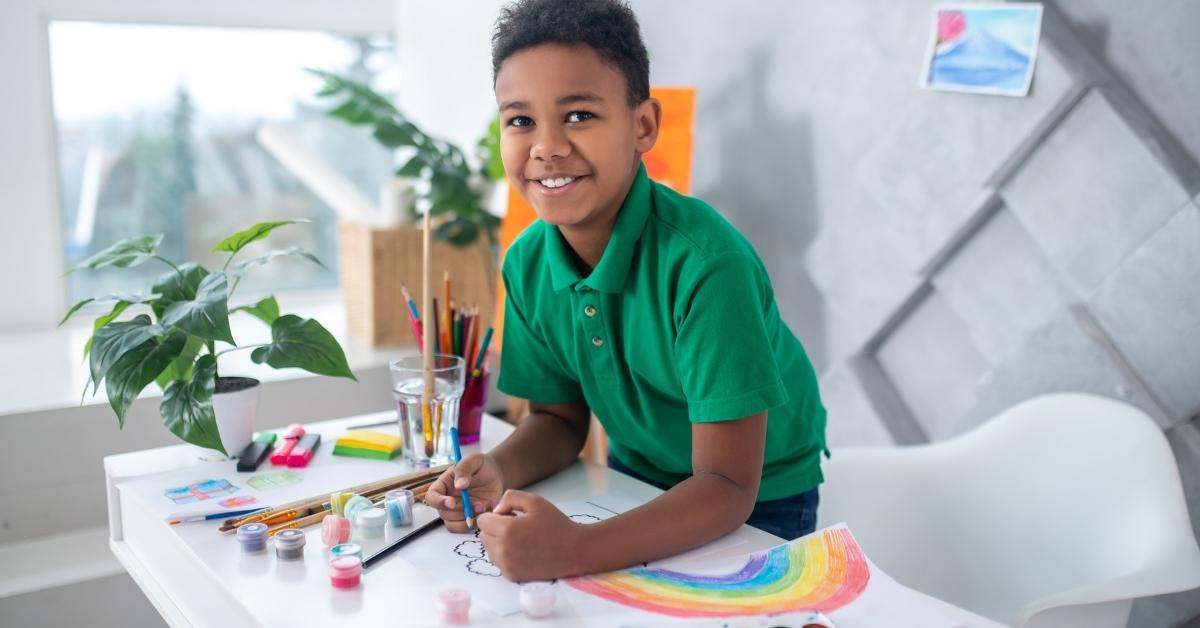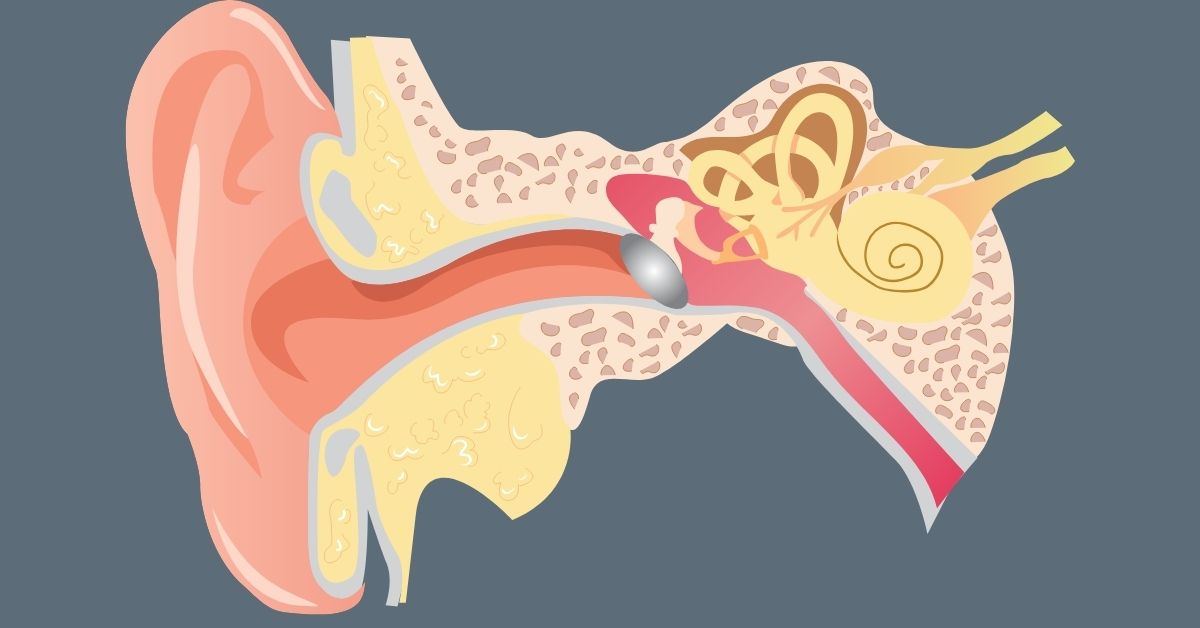As parents, most of us are concerned about how much screen time our children consume. We often look at solutions to this problem in the sense of taking something away. In other words, a negative approach of setting limits to when and what they are watching on a screen.
In this article:
Instead of a “what you can’t have” rule, let’s turn this into a “what else is there for you to do?” opportunity. Even better is when we as parents aren’t required to point out the alternative to screen time, but our child’s intrinsic motivation moves them toward a different activity. In other words, focus on helping your child figure out what activity they want to do (and that you approve of), without having to nag or come up with suggestions.
Empowering and encouraging our children to find what they are passionate about into a hobby is a great place to start. So, where do we start?
Share Your Hobbies Growing Up
What were your hobbies growing up?
I collected baseball and American football cards, played Atari 2600 video games, collected Star Wars toys, and memorabilia, played soccer, and collected rocket and astronaut pictures from NASA. For a short while, I also collected stamps, coins, and completed model airplanes and cars. I also liked to be outside, loved riding my bike around the neighborhood, and camping with my Boy Scout Troop.
Our children from the first day they are born are wired to take in the world around them, including us parents. In other words, we are our child’s first role model, and they are very likely to be interested in what we are interested in. All I’m asking is you take advantage of this biological fact!
Share what you did growing up. It’s not only the activity itself we are emphasizing, but also the concept that part of growing up is finding what you’re passionate about and following that passion until you’ve had enough and want to go on to something else.
We are teaching through our own experience that you can have more than one passion or hobby at a time. So, there is no need, especially us parents, if our child does give up a hobby at some point, to fight them on this. More on this later.
So, share your current hobbies and those from your own childhood. Share what you were passionate about. Why did you like the hobby? What did the hobby teach you? Why did you give up the hobby if you did? And if you did, did the hobby lead to other interests? Don’t kid yourself, parents: your kids want to know, their brains are wired to want to know. Who you are and what you did, is not only interesting to our kids, it helps their own cognitive, social, and emotional development.
Deep down inside, ask yourself, what did you wish your parents did or didn’t do to support your interest in this hobby? Also, ask yourself, what did they do to help you that really worked? Write these down and follow through!
What Are the Benefits of Having a Hobby Growing Up?
Start with yourself: What did you get out of and learn from your hobbies and interests? Did the hobby provide opportunities to make friends, learn a new skill, lead to other interests, or keep you out of trouble? I know I watched a lot less TV on Saturday mornings during soccer season because I had a game to get to.
Child development experts and seasoned parents cite several reasons or benefits from encouraging our children to be passionate about learning and finding hobbies. Here are a few:
- Make friends and connect with others. Is your child shy? A great way to help them develop friendships is to find what they are interested in, then a club, a league, or a group of peers with similar interests.
- Hobbies potentially have a number of benefits: experiencing independence, being self-reliant, building confidence, discovering their creativity, and learning patience.
- Depending on the hobby, there are also opportunities for teamwork, working toward a common goal with others, and supporting others as they work toward a goal.
- How about academics? Yes, grades too, studies demonstrate, improve when a child has active interests in passionate hobbies. Hopefully, school is interesting, but if it’s not, they are at least having an experience through their hobby where learning is fun and enjoyable.
- One blog I read listed these benefits: boosts confidence, develops organizational skills, builds problem-solving skills, improves attention to detail, and helps set clear goals.
One last point. When you share with your child a problem or challenge associated with your hobby, you create an incredible bond and build trust. Talk through the problem, explain your options and various solutions, ask them what they think, and let them watch you through the process of applying these ideas and solutions to the problems. The trust, life skills, cognitive, social, and emotional development and bond between the two of you, provide them with the confidence they need to overcome challenges and obstacles in their lives.
Our Six-Year-Old’s Hobbies and What She’s Learned
My wife and I continue to follow the path of providing our six-year-old daughter several different kinds of experiences to see what sticks.
We’ve tried gymnastics, soccer, karate, ballet, and Kathak dance. Guitar, piano, singing, swimming, and roller-skating lessons. And I assume at some point we will be taking her to an indoor climbing wall after the pandemic because this kid loves to climb.
While we are careful not to let her drop an activity/hobby just because she’s had a bad day or a few bad lessons, we also support her when she decides to stop. For example, we’ve canceled soccer, dance, guitar, and singing for either a lack of interest or she’s too young. We’ve had to stop karate, swimming, and roller-skating lessons because of the pandemic. We continue with gymnastics, ballet, and piano lessons because we can do these online.
As a whole, these activities have provided our daughter an opportunity to make friends outside of school, develop trusting relationships with other adults, gain confidence, learn new skills, challenge her to persevere, and also brought her a lot of joy. The latest benefit I’ve seen is she’s progressing in her gymnastics. She’s learning cartwheels, splits, and handstands, but only through hours and hours of practice. From this she has learned that even when she can’t perceive making progress through practice, she actually is. I’m not sure there’s a price I would spend to guarantee my kid learns, understands, and puts into practice this invaluable, universal truth. I have so much gratitude for her gymnastics and ballet instructors.
Hobbies Suggestion – Here Are a Few Options
This is not an exhaustive list of suggestions, but it’s a good start. I’ve mined several blogs and pulled from our experience with our kiddo to help you brainstorm. Because I live in India, I also wanted to look at sources from India. The first seven are common themes from my Indian friends and blogs.
- Reading: books and comic books
- Geography: not just maps, but also pictures of places
- Cooking
- Nature Related Hobbies: gardening, animal care, organic farming, making birdhouses, collecting rocks, shells and pressed flowers, recycled paper, camping/hiking
- Painting and Sketching
- Dance: hip hop to traditional
- Music
- Art Hobbies: painting, sketching, comic book art, woodwork, felting, crochet, quilting, knitting, handicrafts, origami
- Collecting Items: sports cards, comic books, movie memorabilia, rocks, coins, stamps, dolls/toys, seashells
- Science Related Hobbies: astronomy, meteorology, geology
- Performance-Based: dancing, singing, drama, playing an instrument, puppet show
- Hobbies of General Interest: photography, reading, magic, cooking, science experiments, photography, sports
Finding Mentors for Our Child
Remember when I said our kids are wired to make us into a role model. Finding mentors for our kids has a similar effect on them.
Think through your circle’s friends and family that have exciting careers or hobbies your kids might enjoy.
Do you have a good friend who’s a pilot? A brother who is a biology professor? A sister who majored in photography and is always making art?
Come on, these are ready-made options which are better than screens!
A lot of raising a child takes a village, including helping our kids find their spark, discover what they are passionate about, and providing the resources to get started.
Remember Parents, Patience is a Necessary Virtue
Remember, parents, we are here to encourage and support, not guilt our children when they want to quit or when they aren’t practicing enough.
Here are a few points for us to remember:
- Hobbies will change over time. It doesn’t mean we quit over a few bad days, but keep the dialogue open. Check out my blog Why It’s Ok for Your Child to Quit—6 Tips to Help You React Positively and Build Trust for ideas and support.
- If we find ourselves pushing too much, it’s only a matter of time before more boredom, frustration, and resentment build up. Some hobbies our kids outgrow. Their passion and drive dwindle. It’s natural. I have no desire to collect football or baseball cards anymore, though I held onto my Dallas Cowboy Emmitt Smith rookie card!
- This last point is essential for my wife and me. Some hobbies and pursuits are simply introduced at the wrong time. No one’s fault, it’s just not where our child is. So, for example, our kid LOVES to sing, but voice lessons at five were too early for her. She knows going back to her former teacher whom we loved or finding a new one is an option if she ever decides to give it a try again.
If you have any recommendations, learned wisdom, or resources to guide and support your child in discovering their passions and interests, please share in the comments below.








